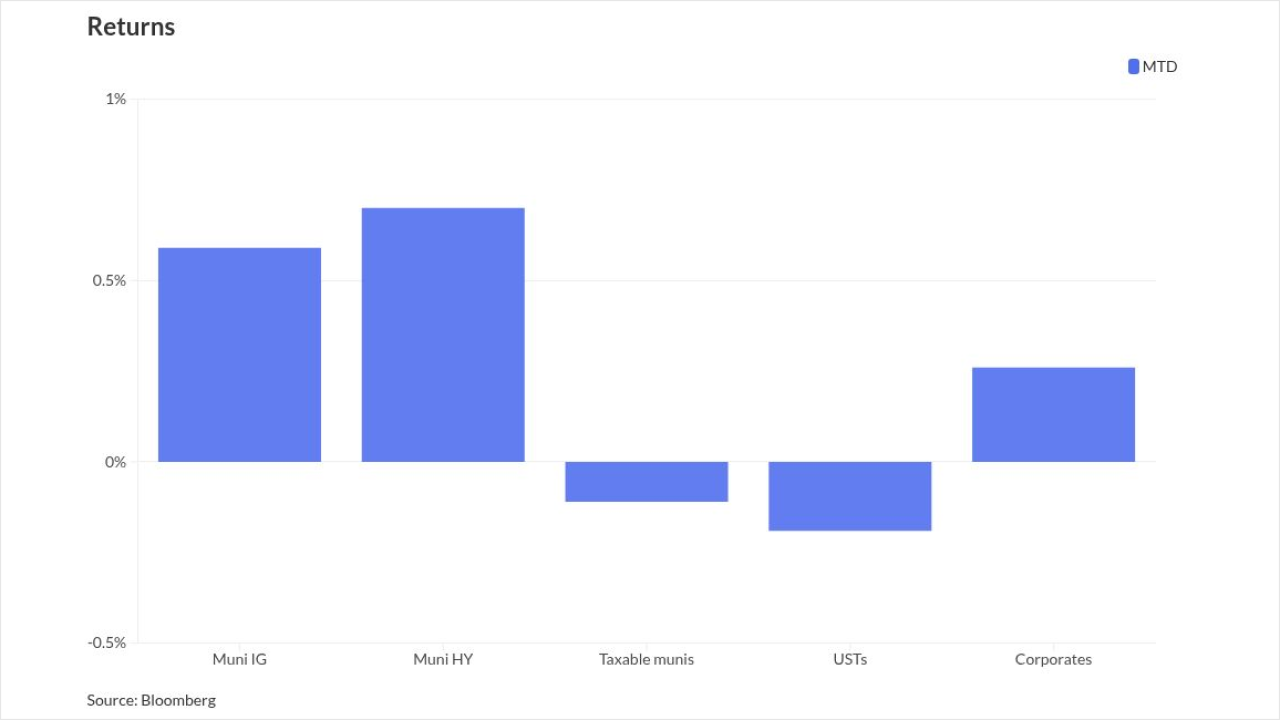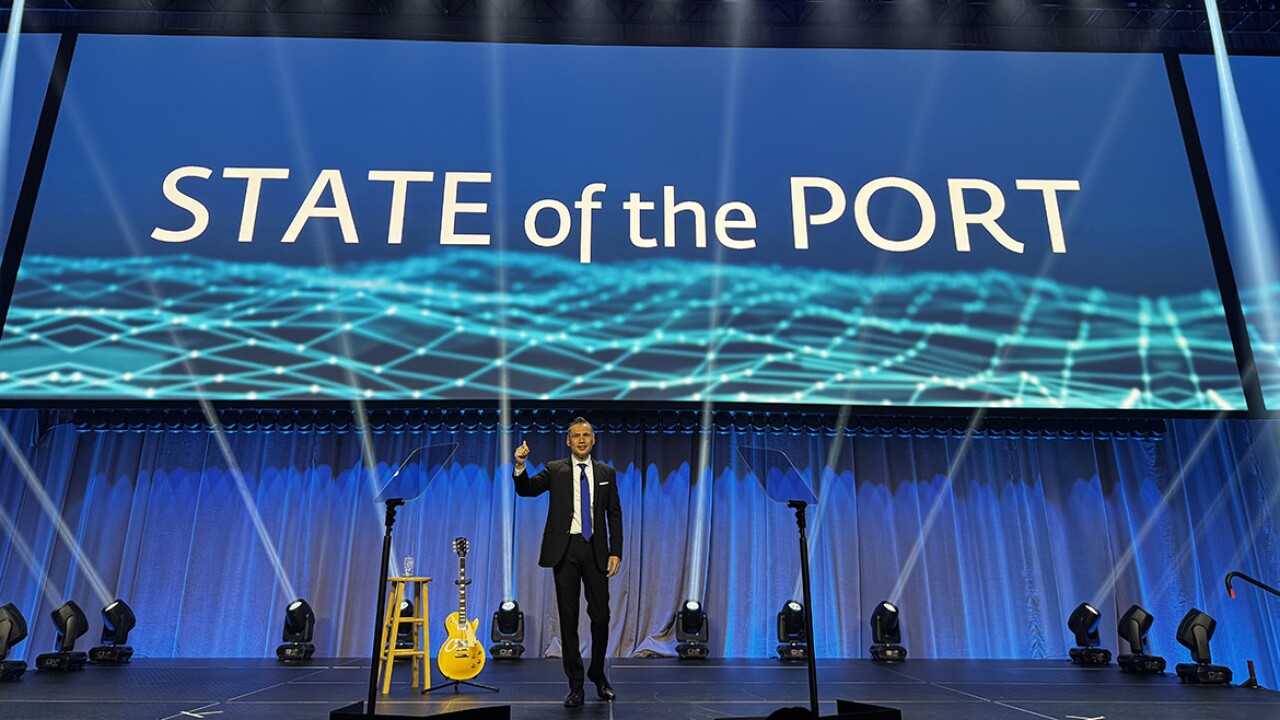
DALLAS – Four years after a 41-mile section of the Texas State Highway 130 toll road opened near Austin, its private operator plans to give up ownership of the $1.35 billion project under a Chapter 11 bankruptcy reorganization plan.
The State Highway 130 Concession Co., created by toll road developer Cintra and San Antonio-based Zachry Construction, filed Chapter 11 bankruptcy March 3.
The plan to reorganize under new ownership was filed Friday in U.S. Bankruptcy Court for the Western District of Texas in San Antonio.
"Under the plan the equity positions currently held by investors Cintra and Zachry American Infrastructure would be cancelled, and new membership interests in the company will be created and distributed to the project's lenders," according to a prepared statement from the company.
Among the creditors is the Federal Highway Administration, which awarded the project a Transportation Infrastructure Finance and Innovation Act loan of $438 million.
Although the concession was granted by the Texas Department of Transportation, the state would not be financially impacted by the debt restructuring, according to the company.
"The Texas Department of Transportation contributed no money to build the project and is not liable for any of SH 130 Concession Company's outstanding debt, money that was used to finance construction," the company said.
Despite the lack of financial risk, the failure of the concession model is a significant setback for the TxDOT's efforts to keep pace with construction needs through private finance. TxDOT, which has billions of dollars of projects on its own drawing board in the rapidly growing state, operates the northern section of SH 130 as the Central Texas Turnpike System.
Under the original concession, TxDOT owns the highway while granting a lease to SH 130 Concession Co. for 50 years.
TxDOT will continue to own the road and must approve any new operator, according to terms of the original deal. The transition to a new owner is expected to take up to 18 months.
"The Facility Concession Agreement between the concession and TxDOT will remain in place to protect the public interest, and the company will continue to meet all terms of this agreement," the company stated. "There are details that remain to be resolved between the company and its lenders. The court and a majority of the company's creditors must approve a final plan before it can be implemented."
TxDOT received an upfront payment $125 million after awarding the project to Cintra-Zachary in 2007. The operator also agreed to share some toll revenue with the state.
While 10 international banks helped finance the project, five hold the majority of the debt: Banco Santander, Caixabank, Bankia, Banco Espirito Santo and BNP Paribas.
To qualify for the $438 million federal TIFIA loan, the SH 130 Concession Co. project needed an investment-grade credit rating.
TIFIA was authorized in 1998 to help state and local governments finance large-scale transportation projects with tolls and other forms of user-backed revenue. Recipients had previously had difficulty obtaining financing at reasonable rates due to uncertainties surrounding the revenue streams.
TIFIA provides fixed rates that are often lower than what most borrowers can obtain in the private market. SH 130 fit the TIFIA lending profile, which includes large-scale projects that might otherwise be delayed because of size, complexity, or uncertainty over the timing of revenues.
In 2008, Moody's Investors Service rated the concession company's senior-lien debt Baa3 while assigning a junk-bond rating of Ba1 to the subordinate TIFIA debt. The senior bank debt has a final maturity of 2038 and the TIFIA subordinate debt matures in 2047.
On April 12, 2013, Moody's downgraded the $686 million senior-lien debt to B1 and the subordinate-lien to B1, maintaining a negative outlook. Analysts said traffic and revenues were running about half of the projected rate.
On Oct. 15, 2013, Moody's dropped the senior-lien rating to Caa3 from B1, warning that the toll road was headed for default.
The concession company began negotiating with its lenders for new debt terms.
After the bankruptcy filing, Moody's lowered its final rating on the TIFIA loan to Ca from Caa3 and said it would withdraw the rating with a stable outlook.
The reorganization of SH 130 ownership could follow the model of the Indiana Toll Road Concession Company, which filed for bankruptcy in September 2014. Six months later, the Australian investment firm IFM Investors bid $5.72 billion for the Indiana Toll Road, a record for a U.S. public asset by a foreign company.
After IFM's acquisition, the Indiana Toll Road Concession Co. continued to operate the toll road.
The 157-mile Indiana Toll Road is a key link between the Chicago area and the East Coast. Competition from other roads is limited, and the concession agreement requires Indiana to keep it that way, or compensate the concessionaire in the event any competing roadway is built within 10 miles of the toll road over the life of the lease.
SH 130, in contrast, was designed as a bypass for heavily travelled Interstate 35, several miles to the east. While I-35 passes through the heart of Austin, SH 130 travels through sparsely populated outskirts of the city.
SH 130 was originally envisioned as part of the Trans Texas Corridor, a super highway designed to carry truck traffic from the Mexican border to the state's northern border. After protests from landowners, the TTC plan, fostered by then-Gov. Rick Perry, was abandoned.
Developers of SH 130 believed that truck operators would bypass the heavily congested I-35 for the new highway, which boasts a speed limit of 85 mph. However, a study by the Texas A&M University's Texas Transportation Institute noted that large trucks are limited to lower speeds in the interest of saving fuel.
Developers also blamed the lingering effects of the 2008 recession for SH 130's disappointing traffic. Critics noted the high cost of traveling the entire length of the 89-mile tollway. The toll is $9.83 for a car without an electronic tag, and runs as high as $41.21 for a vehicle pulling two trailers.





